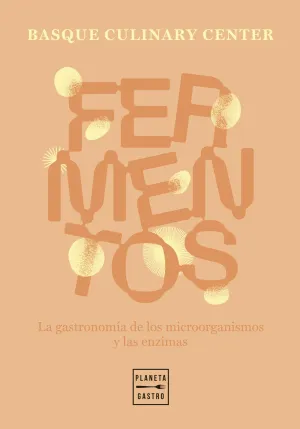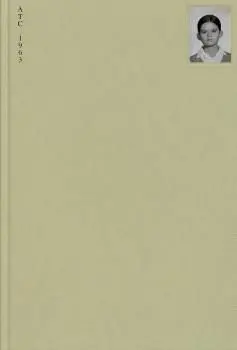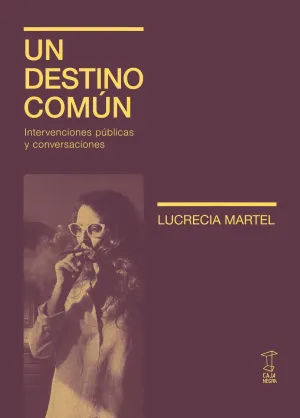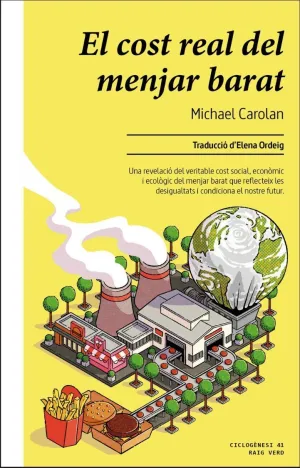CUADERNO 1: UNA VOZ SIN CUERPO, HACIA EL AMOR
AA.VV
Cuaderno 1. Una voz sin cuerpo, hacia el amor
Donostia San Sebastián. Agosto 2012
Index:
Introducción. Blanca Calvo. Pag. 5
Frondoso matorral. Amaia Urra. Pag. 11
The Love Piece. Alice Chauchat. Pag.33
Contrariwise. Itziar Okariz. Pag. 47
Love as production: a short theory of the economy of art. Peio Aguirre. Pag.69
Traducciones. Pag.103
INTRODUCTION
I continue.
With the joy of presenting this new issue, that comes out following Cuaderno 0.
For this Cuaderno 1 we have the collaborations of four interstellar voices: Alice Chauchat, Amaia Urra, Iztiar Okariz y Peio Aguirre, who also refer in their texts to other voices. I will use this introduction to summon some other disembodied voices.
I one of the first phone conversations I held with Manuel Cirauqui, writer and curator -to establish the basis of his participation within this project- we spoke about a text he wrote for The 6th Momentum Biennial "Imagine To Be Here, which he titled Or Not Being There (Notes for a radio Topology). In that text he spoke, among many other things, about some vinyl recordings of readings by Julio Cortazar; concerned about the perception of his read texts, in the introductions of sides A and B of the record he refers to the position of the speaker and the listener, there he says:
«Yes
the idea of recording an LP in a more or less academic way, reading one text after another, with that feeling of dead thing that the records made by writers give, doesnt attract me much. At the end its always more interesting to hear a writer in a radio interview, as there the pauses, the mistakes, his breath, all that, makes it a more alive thing.
I like it when a contact its established since the first line, between who is going to read me and myself; not because I write thinking about someone reading me, its rather because Ive always had the impression that the act of writing was by itself , somehow, a tentative of contact. Not with specific persons but with a foreign and external reality with which we search contact so it may become a little less foreign and external. (
)»
Voice is a significant suspended in the air, which signifies in different ways through the narration it proposes. Reading always creates a disembodied dialogue, a meeting of words in space.
Manuel writes in his text:
Cortázars somewhat neurotic need to start out not by reading, but just talking to the listener, improvising, is related to the frustrated desire to find a spatio-temporal continuity with the person to whom the recording is addressed, something that the very situation of the recording studio entirely precludes. The purpose underlying Cortázars improvisation seems to be the intensification of his here-and-now, a paradoxical trick (as paradoxical as the theorems of the unconscious) to strengthen his connection with someone he does not see, someone who is always there-and-then, the inhabitant of a maybe.(
)
We spoke, also, about this project that has kept us busy for the last two years, Cuando el cuerpo desaparece (When the Body Disappears), which through the edition of this notebooks and the programmed radio broadcasts, works on a similar idea. On how to shift the perception of performance to another milieu, on how the absent spectator, can share from another place (e.g.: the radio), what is produced life.
In a derive, which seemed logical to us, I mentioned to him that after disappearing and a voice without body it was clear that next and attached to it came towards love. We understand that the last thing you remember from a person is his or her voice, and when you recall it you love. If we have taken some distance from presentiality in performance, its in order to miss it later on, to feel again the significance of that which happens life, not only the absence of the body, but also of space and time it takes up and how these transform them.
Manuel also mentioned a Japanese researcher, of whom I dont recall the name, who has carried out some experiments and discovered more or less, or at least thats how I understood it- that when we love, our body remains impregnated of particles from the others body. So when they leave us or disappear, they still remain, partially, in our body, we are us and part of the other, and until they vanish, those particles disappear, we miss them and we still love them because they are part of our corporal unity.
For our peace of mind, AMOR (LOVE) exists and its in Portugal, at 151kms from Lisbon following the A8 highway to Leiria after taking exit 2, as Ion Munduate, who was there with his mirror glasses filming his project Astra Tour, tells me.
AMOR is a long village L-shaped and its located on each side of the road that crosses it. Its funny, but the asphalt of that road is full of audible lines, that force you to maintain a maximum speed of 40 km per hour, throbbing all the way through. Its as if its inhabitant wanted us to remain there, never reaching the exit signal crossed by a red strip.
We begin now.
Blanca Calvo
August 2012







